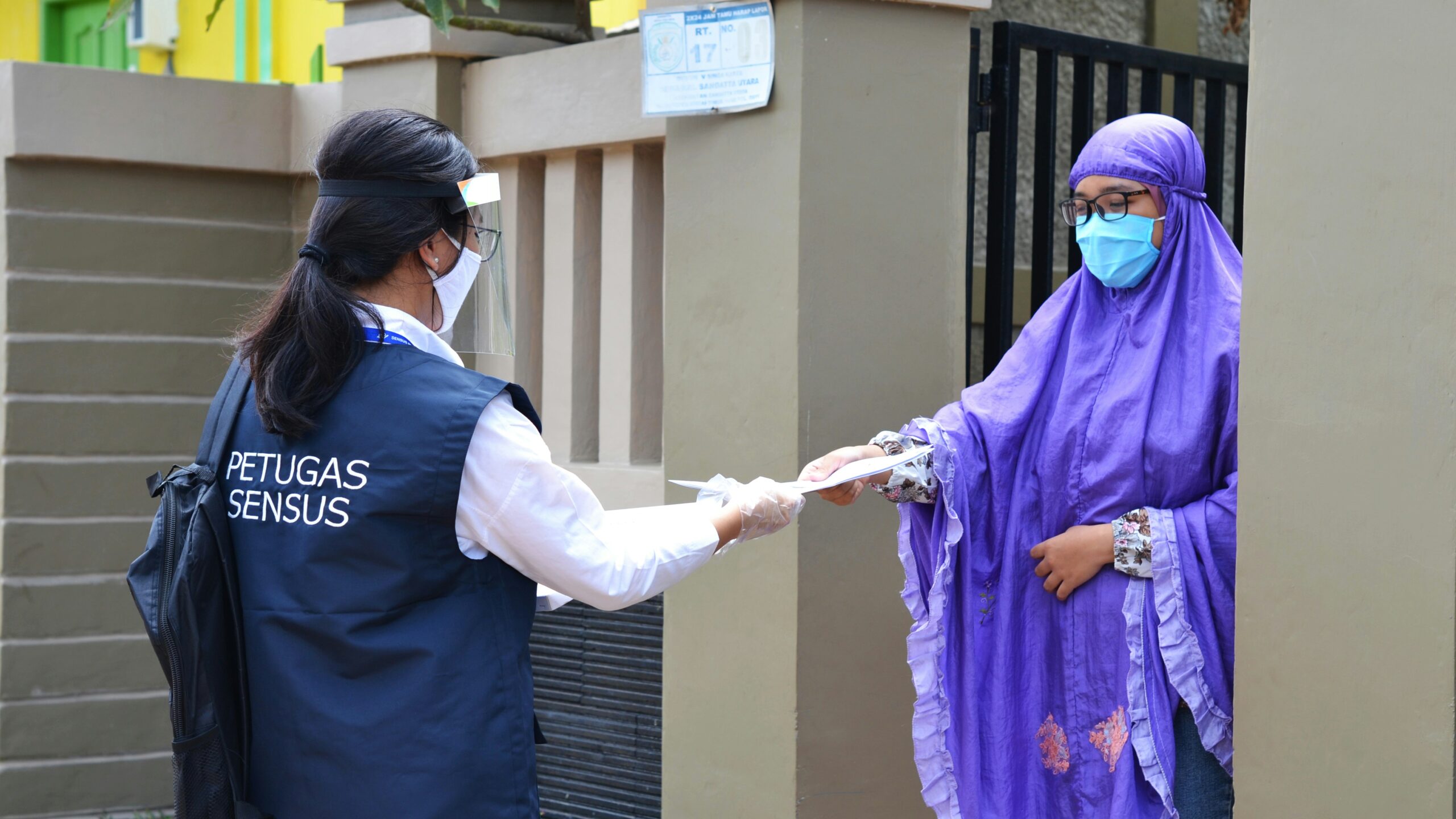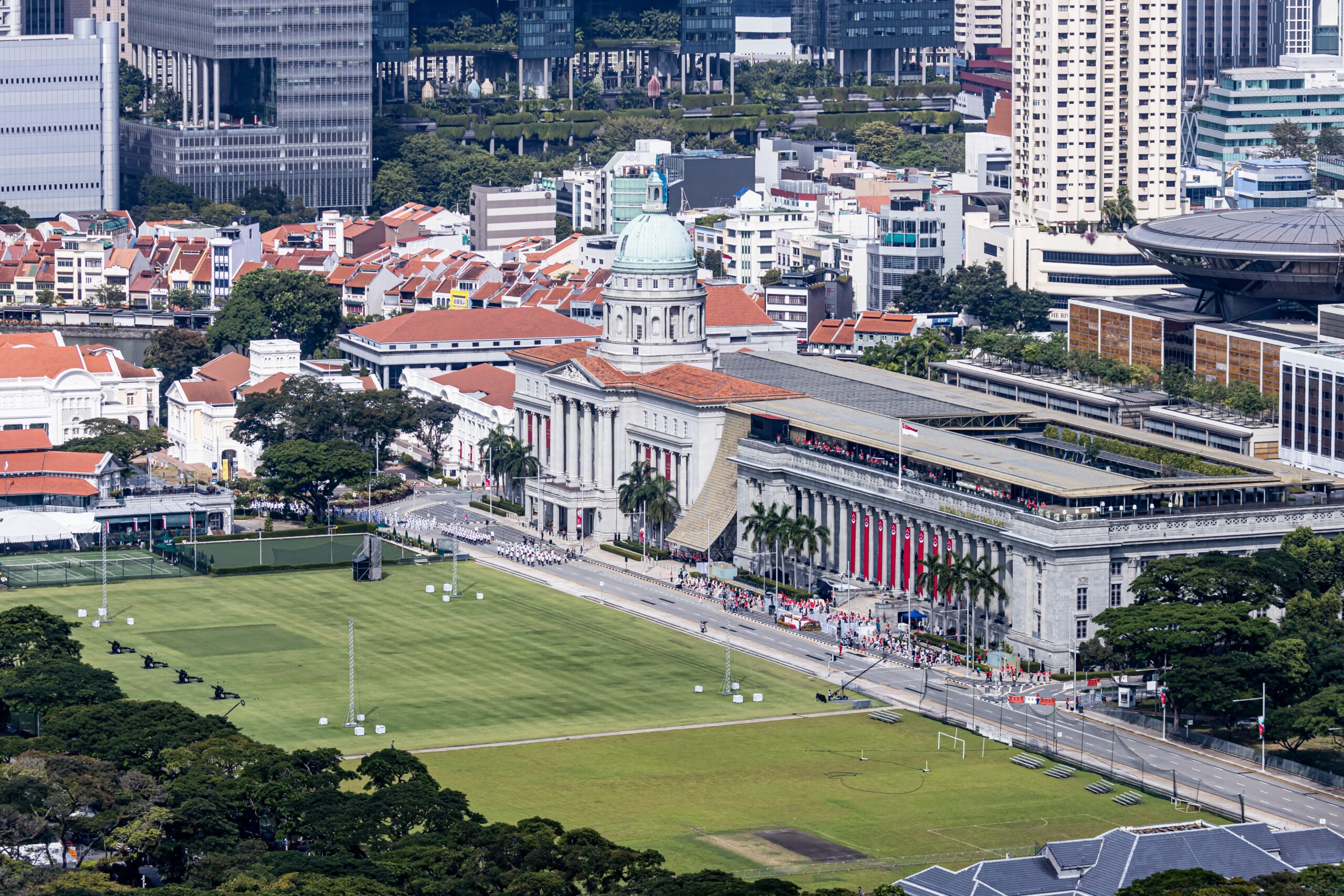Islamic Religious Studies is the study of “Islam” and its implications. The teaching of the Prophet in Makka and Medina. The revelation and content of the Quran. Islam as a way of life.
ISS 112 INTRODUCTION TO THE QURAN 3R
A study of the textual history of the Quran: Its revelation. Compilation and rendition of form, contents and value. A study of Suwwar Fatihah, Nas, Falaq, Ikhlas, Masad, Nasr, Kafirum, Maun, Qurayshiun and Humazah.
ISS 113 PRE-ISLAMIC ARABIAN HISTORY AND THE CLASSICAL CALIPHATE 3C
A study of the religious and social structure of Arabia on the eve of Islam, the life and teachings of the Prophet and the orthodox caliphs.
ISS 114 INTRODUCTION TO ARABIC LANGUAGE 3C
A study of the importance of Arabic as an international language; the importance of Arabic to the study of Islam; Arabic alphabet; Joining of Arabic letters; Vowels of Arabic, Formation of two and three-letter words, simple verbs and nouns in Arabic, constructing simple sentences and simple Greetings in Islam.
ISS 115 TA WHID AND IBADAT I 3R
A study of the Articles of Faith and the worship of Salat emphasises their significance and relevance to life, including everything that goes with Salat, like Tahaarah.
ISS 121 TEXTUAL STUDY OF THE QURAN 3C
Reading with Tajwid and a detailed study of Suwar, Asr, Takathur, Quariat, Zulzilat, Qadr, Tin Inshirah, Shams, and Balad.
ISS 122 INTRODUCTION TO HADITH 3R
Study of the origin, development, collection and compilation, its forms, contents and value. Detailed study of the first 10 Hadiths in Annawawi’s collection.
ISS 123 INTRODUCTION TO ISLAMIC ECONOMIC SYSTEM –ZAKAT 3E 3C
Definition of Zakat, concept and source of wealth in Islam, Concept of Zakat in Islam, collection of Zakat, and Distribution of Zakat on Livestock, Farm produce, banknotes, etc. Calculation of payment of Zakat, Zakat in modern terms and the significance of Zakat.
ISS 124 TA WWD AND IBADAT H 3R
Definition of Sawm types of Fasting, The fast of Ramadan and its conditions, Recommended acts during Ramadan like Suhur, Iftar, Tarawih, Itikaf, Zakatul Fitri, Laylatul Qadr, Significance. Definition of Hajj, Duties of Hajj, Umrah and significance of Hajj.
ISS 125 ARABIC II: LANGUAGE OF THE QURAN 3R
Vocalisation of Arabic words, Construction of sentences in Arabic using verbs and nouns, Mubtada Wal-khabar, past and present tenses, singular, Dual and plural. I read and wrote some short Quran verses and Ahadith with translations.
ISS 211 INTRODUCTION TO ISLAMIC THEOLOGY 3C
Detailed study of Islamic Theology, the Sunni School. A brief account of the emergence of Shiah, the Khawarij, Murjia’ah, Quadiriyyah, Jabariyyah, Mu’tazilah and Ash’ariyyah.
ISS 212SHARIAH; ISLAMIC JURISPRUDENCE 3R
The meaning, concept and scope of Shariah, pre-Islamic Arab Customs and reforms introduced by Islam, the source of Shariah, the early schools, study of the 4 Sunni Schools; Shafi’i and his reforms, the Shariah school. The case of Ijtihad.
ISS 213 THE QURAN 3C
Reading with Tajwid and detailed study of some selected verses like Ayatul Kurisiyy Lagod Jaa’akum, Amana Resulu, Lao Anzafna hadha-1-Qur’an ala Jabalin, etc.
ISS 214 THE UMAYYAD CALIPHATE 3E
Origin of the Umayyads, Factors responsible for their emergence, strengths and weaknesses of the Umayyad rulers and their contribution to Islam.
ISS 215 THE MORPHOLOGY OF ARABIC LANGUAGE 3R
Intensive survey of the morphological patterns of the Arabic verb; a review of nominal and adjectival formations in Arabic.
ISS 221 ISLAMIC PHILOSOPHY 3R
The emergence and development of Islamic philosophy, characteristics of Islamic philosophy, Life history and philosophical views and contributions of Al-Farabi, Al-Ghazali, Ibn-Rushd, Ibn-Khaldun, Al-Kindi, etc.
ISS 222 SUFSM-ISLAMIC MYSTICISM 3R
Definitio: Esoteric dimension of Islam, its origin and development, the Sufi doctrines, some Sufi leaders –Al-Ghazali, Ibn-Arabi, Jalaludin Rumi and Sufi Orders.
ISS 223 SHARIAH: FAMILY LAW C
Islamic regulations on marriage, divorce, paternity, family planning, guardianship, inheritance, Waqff, etc.
ISS 224 THE ABBASID CALIPHATE 3E
Fall of the Ummayad Caliphate, Emergence of Abbasids, political, social, cultural and religious developments and fall of the Abbasids. Their achievements and weaknesses.
ISS 225 BEGINNERS ARABIC READING 3R
Selected extracts for beginners to attain fluency in Arabic.
ISS 226 TEXTUAL STUDY OF HADITHS 3R
Reading with Tajwid and a detailed study of Hadiths 11-20 of Annawawi’s collection.
ISS 227 ISLAMIC STUDY METHODOLOGY 1 3C
Aims of Islamic Education, Problems of Teaching Islamic Studies in our schools, Qualities of Islamic Studies teachers’ preparation of lesson notes and different methods of teaching and teaching aids.
ISS 311 ADVANCED ISLAMIC THEOLOGY 3R
Origin and development of Mu’tazilah, their main doctrines and their influence on orthodox theology.
ISS 312 MORAL PHILOSOPHY IN ISLAM 3R
The Islamic concept of morality, human rights, good conduct in general, truthfulness, peace, justice, trust, respect for life and prosperity, sincerity, humility and patience concerning relevant passages in the Quran and Hadith.
ISS 313 THE QURAN II 3C
Reading with Tajwid and a detailed study of some selected chapters and verses of the Holy Quran.
ISS 314 ISLAMIC STUDIES METHODOLOGY 3C
Determinants of pupils’ attitude to Religion and Religious Teaching. Further methodological Approaches. The place of Audio Visual Aids. Lesson notes: preparation and use of the scheme of work.
ISS 315 SHARIAH I: PENAL LAWS 3R
Islamic regulations in respect of murder, theft, intoxicants, etc. With emphasis on the relevance of these regulations to morality.

ISS 316 ISLAM IN THE MEDIEVAL PERIOD 3E
Fall of the Abbasid Caliphs; The Fatimids, the Mamluks; the Ayyubids, the Crusades, the Ottomans.
ISS 317 INTERMEDIATE ARABIC READING 3R
These are advanced comprehension passages written in Arabic. They are accompanied by questions relating to the contents of the passage. Each passage should not be more than 400 words; selected from the Arabic literature series.
ISS 321 SOCIAL AND POLITICAL SYSTEM IN ISLAM 3R
Main characteristics of the Islamic Social System, Principles of social justice; nature of the Islamic Political system, Political process; principles of Islamic government; and rights of non-Muslims in an Islamic State.
ISS 322 ISLAMIC ECONOMIC SYSTEM 3R
Islamic teachings on ownership, distribution of wealth, commercial transactions, using interest, banking, gambling, labour, et,c. Relevant to the current situation.
ISS 323 INTRODUCTORY ARABIC COMPOSITION 3R
Introduction to the technique of essay writing in Arabic on familiar and current themes and topics.
ISS 324 INTRODUCTION TO TAFSIR 3C
Study of the emergence and development of Quranic exegesis, Identification of its sources- various kinds of Tafsir and their respective characteristics.
ISS 325 HADITH III 3R
Detailed study of Hadith 21-30 of Annawawi’s collection.
ISS 326 TAJWID I 3R
Definition of Tajwid, a study of the rules governing the recitation of the Quran; signs used for correct reading, various styles of recitation, and tadabbur.
ISS 411 THE QUADRIYYAH AND TUANIYYA 3R
A brief account of each of the Suff groups, their doctrines and social and political roles in Africa.
ISS 412 SHARIAH IV: MODERN DEVELOPMENT 3R
The Principles of Siyasah shariyya, Ta’zir, Takhayyur and Talfia; historical background to recent changes, modern reforms concerning marriage, divorce and inheritance, recent reintroduction of the shari’ah in some Muslim countries.
ISS 413 ISLAM IN WEST AFRICA 3C
The spread of Islam to Western Sudan, a study of the Islamic role in the development of Institutions and ideas in Western and Central Sudan in the 11th Century to the present day, with specific reference to
(a) relations with the wide Muslim world and
(b) interaction with traditional practices.
ISS 414 ADVANCED ARABIC READING 3R
Selected extracts from non-classical and contemporary works to improve fluency and comprehension.
ISS 415 THE QURAN IV 3C
Detailed study of some selected chapters and verses of the Holy Quran.
ISS 416 TAJWID IV 3E
Advanced rules guiding the recitation of the Quran, signs and various styles of reading. Principles of Izbar, Idqam, Ikhlas and Ikhfu.
ISS 421 TAFSIR AL-QURAN 3C
A comparative study of the exegesis of selected suwar/passages of the Quran. Selected material should be in Arabic and may be taken from two or more works of Tafsir.
ISS 422 ISLAMIC LAW: PRACTICE IN NIGERIA 3C
Its origin and development, operation of the Alkali and Shariah Courts in Nigeria.
ISS 423 ISLAM’S CONTRIBUTION TO CIVILIZATION 3C
Islam and its attitude to research and learning; its contribution to science and other disciplines, the Islamic background to Western Renaissance, crusades for the decline of Islamic Civilisation.
ISS 424 ISLAM IN THE MODERN WORLD 3E
A study of the Islamic World’s response to its internal decline in the 18th century and subsequent external encroachment, a comparative study of religious reform movements with special attention to nationalism, pan-Islamism and modernism.
ISS 425 HADITHS IV 3R
Detailed study of Ahadith 31st-42nd of Annawawi’s collection.
ISS 426 INTER-RELIGIOUS DIALOGUE 3C
Comparative study of the Core doctrine in Islam, Christianity, Hinduism and African Traditional Religion, dealing with the concept of God, Angels, Prophets, Books, etc. Religious Crisis in Nigeria: Causes and Solutions. Inter-Religious influence.
A comparative study of the origin of Islam, Christianity, Judaism and A.T.R. Concept of God in Islam, Christianity, Judaism and A.T.R.
Life and Works of Jesus Christ from the Islamic point of view. The belief of Muslims in Jesus Christ is compared with that of the Christians.
ISS 427 PROJECT 4C
Each student will write a long essay on a topic relevant to the course, and the topic should be chosen carefully. The essay should not be more than 6000 words.
Master’s Degree (MSc) in Islamic Religious Studies
The master’s degree programme is designed to carry out further research on the knowledge and training the students have received in their first degree.
The department of the university will prescribe the courses you will offer throughout your time in the degree.
The courses will be selected from the courses in the first degree for further studies before the Master’s dissertation (Project). The topic of the project will be discussed with your assigned supervisor(s).
Minimum Tenure of the Programme: The tenure for the Master’s degree programme for Islamic Religious Studies is a minimum of four (3) Semesters full-time and 4 semesters for a part-time programme.
Evaluation of the MSc Candidates: The minimum units for graduation should be 30, including the dissertation/thesis.
The average mark for the programme is based on grades scored in all the courses taken, including the project. Examination grades in each course are recorded as percentage marks, and are interpreted as follows:
Doctor of Philosophy (PhD) in Islamic Religious Studies
The PhD programme should normally not be less than 4 semesters (2 years) from the first date of registration.
Also, for this programme, a period of study originally approved for the 3-semester master programme may be accepted as satisfying a specific part of the period of study for the PhD.
In no circumstances, however, may a period exceeding 12 calendar months be waived for candidates. A programme is a combination of coursework work research.
Requirements for PhD: Candidates for admission to the programme shall possess the following:
- Those initially registered for the MSc or MPhil/PhD conversion programme of the department and who have obtained a total weighted average mark of at least 60% in the course examinations and projects at our university or any recognised university.
- Candidates admitted to the programme will be required to take certain courses at the 700/800 levels, as the case may be, in their areas of interest.
- Students are required to refer their research proposal to an examination panel as recommended by the department and give department seminars on their PhD research work.
Each PhD student shall present at least two seminars during his/her programme of study. The first seminar shall be presented at the research proposal stage, and the second shortly before the registration of the title of the thesis. This curriculum development will help in other fields of study.










